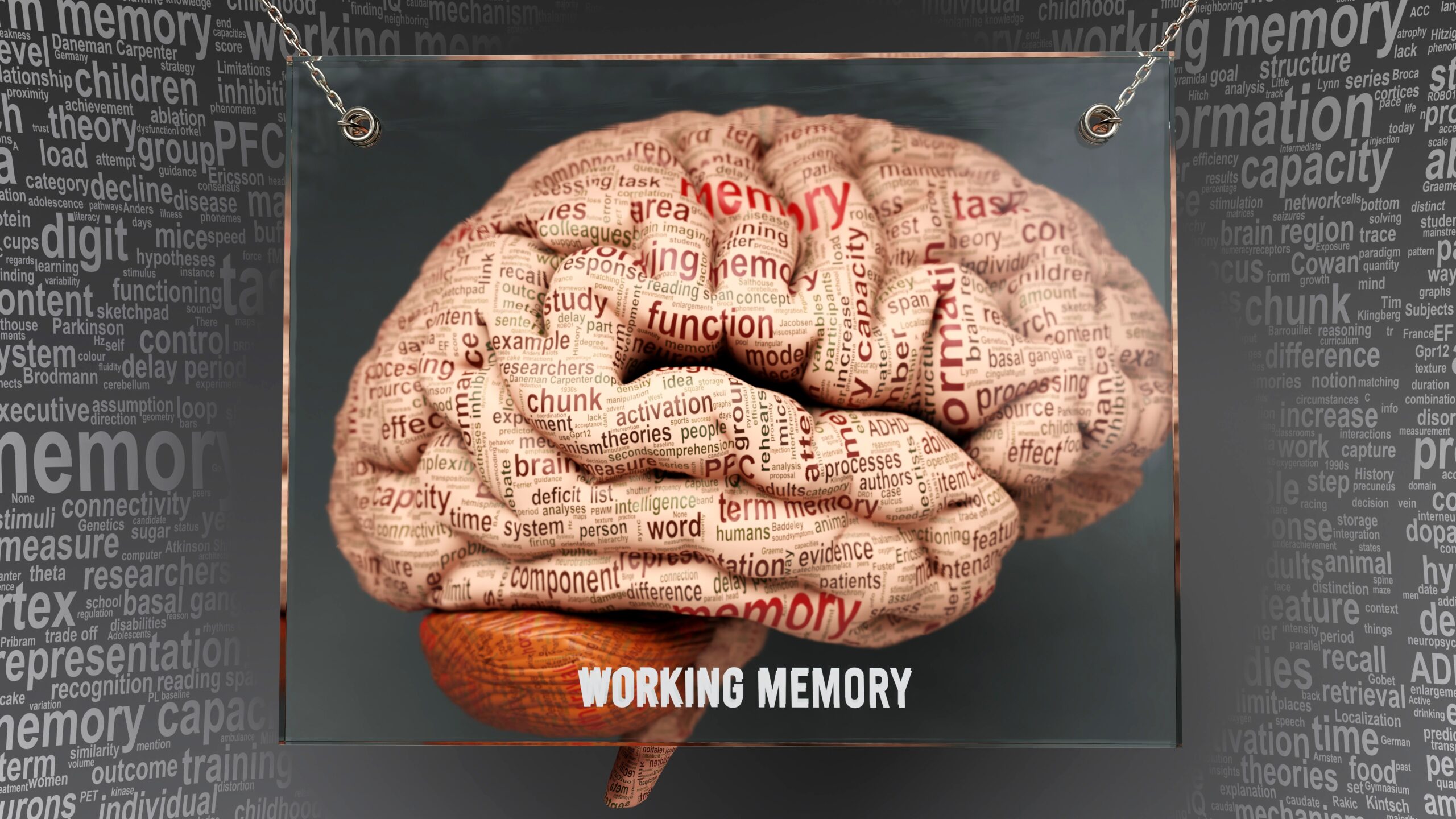
When most people think of memory, they often describe it as a person’s ability to remember things or information. However, experts have actually broken down the concept of memory into two categories: long-term and short-term. Long-term memory is the ability to recall information or events that happened in the past, while short-term memory is involved in the ability to learn.
One type of short-term memory, known as “working memory,” is the immediate ability to hold and manipulate information in the mind for everyday tasks. Working memory is necessary for things like remembering instructions, reading comprehension, carrying on conversations, and solving math problems.
In the past, it was thought that working memory capacity was fixed, but recent research has consistently shown that working memory can actually be trained and improved. This means that a poor working memory is not something that anyone has to accept as a permanent part of themselves.
Impairments in working memory have been observed in individuals with Attention Deficit Hyperactivity Disorder (ADHD), brain injury patients, and other conditions that can lead to difficulties with concentration and learning. It is important to educate these individuals on the truth about working memory and how it can be improved with the right intervention. Sharing this information can help to combat feelings of self-doubt and helplessness that may develop in people with working memory impairments. So, working memory is an essential aspect of our cognitive function and its improvement can lead to better learning and overall functioning.





